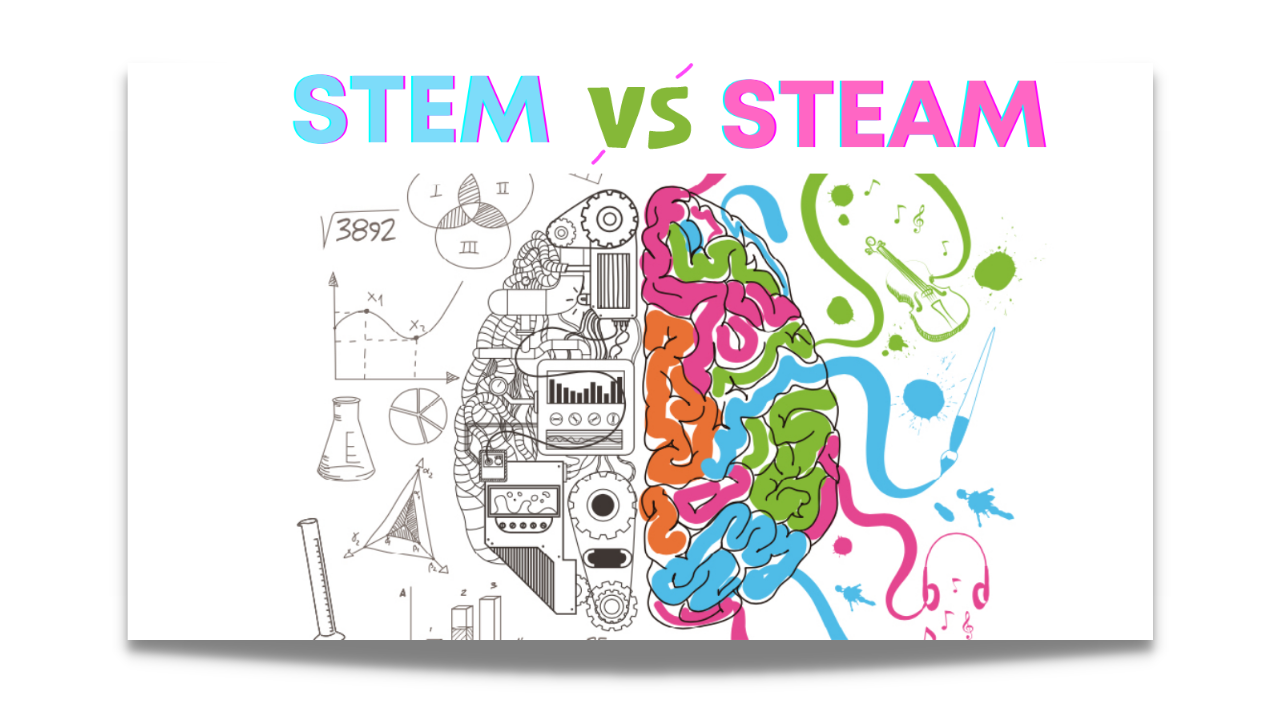Strengthening the Future of Africa: The Necessity of STEAM and Robotics Education
Introduction:
In a time characterized by swift technological progress and widespread global interconnectedness, the significance of a solid grounding in STEAM (Science, Technology, Engineering, Arts, and Mathematics) education, encompassing robotics, has never been more essential. This is especially pertinent for students in Africa, where embracing these fields can open up a realm of possibilities and play a key role in advancing the continent's socio-economic growth.

- Bridging the Skills Gap: STEAM and robotics education equips learners with the skills required to thrive in a technology-driven world. By fostering critical thinking, problem-solving, and analytical skills, learners in Africa can bridge the existing skills gap, preparing themselves for a range of career opportunities in various industries.
- Driving Innovation and Development: A solid foundation in STEAM opens doors to innovation and entrepreneurship. By nurturing creativity and curiosity, learners can become catalysts for positive change in their communities. Robotics, in particular, encourages hands-on learning and the application of theoretical knowledge to real-world problems, fostering a culture of innovation.
- Global Competitiveness: As the world becomes increasingly interconnected, proficiency in STEAM fields enhances Africa's global competitiveness. By producing a workforce well-versed in technology and scientific principles, the continent can actively participate in the global economy and contribute groundbreaking solutions to global challenges.
- Addressing Societal Issues: STEAM and robotics education empower learners to address local challenges effectively. From developing sustainable energy solutions to designing smart agricultural practices, students can use their knowledge to tackle issues that impact their communities directly, fostering sustainable development.
- Job Opportunities: Industries worldwide are experiencing a surge in demand for STEAM professionals. By investing in STEAM and robotics education, African learners position themselves to take advantage of the growing job market in fields such as information technology, engineering, data science, and robotics.
- Building a Strong Educational Foundation: STEAM education provides strong foundational knowledge that can be applied across various disciplines. It encourages a multidisciplinary approach to problem-solving, preparing learners for a dynamic and evolving job market where adaptability and versatility are paramount.

Conclusion:
In summary, encouraging and endorsing STEAM and robotics education in Africa is crucial for empowering the continent's students. By dedicating resources to these disciplines, Africa can unlock the talents of its young population, fostering creativity, stimulating economic development, and playing a role in a more advanced and promising technological future. As the global landscape undergoes constant changes, embracing STEM education is not merely an option but a vital requirement for African learners to mold their destiny and actively contribute to the global society.